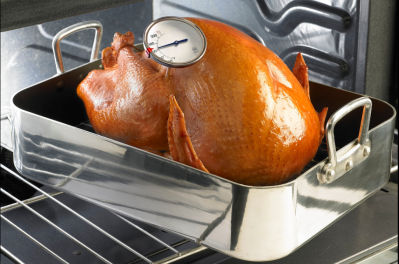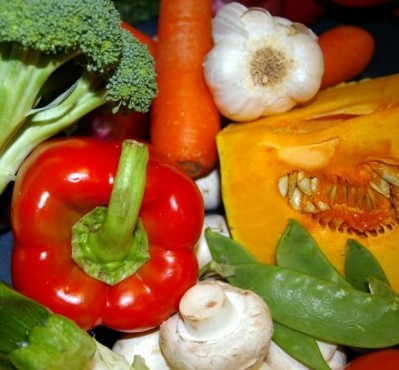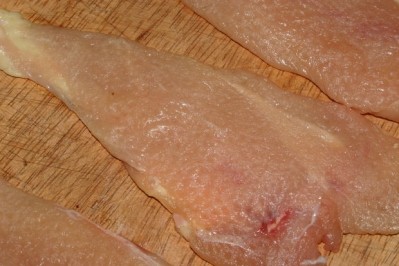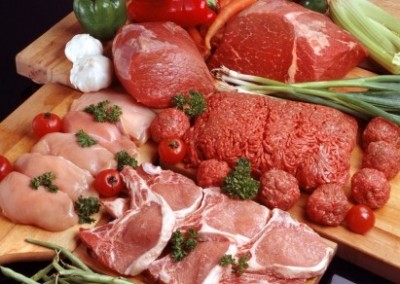Norway must improve enforcement of BSE laws
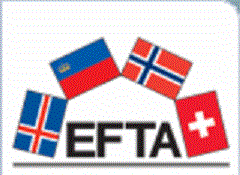
The European Free Trade Association (EFTA) surveillance authority requires the country to stop the production of animal feed with fish meal on the same production lines as feed without fish meal.
The use of animal proteins in feed, which includes fish meal, for ruminants is prohibited.
Norway opposed the rules but after a reasoned opinion from the authority, it implemented them in 2010.
EFTA said the country allows production of ruminant feed in facilities not physically separate from sites producing feed containing fish meal for non-ruminant species (e.g. swine and poultry), which is contrary to EEA legislation.
BSE revision application
Norway applied for a revision of its BSE monitoring programme in December 2011.
One of the conditions in the regulation for granting revisions is that the total feed ban has been implemented and enforced for at least six years, which is not the case in Norway.
EFTA requires Norway to stop the production of animal feed with fish meal on the same production lines as feed without fish meal.
Inspections have shown that Norway does not fully comply with the total feed ban.
The agency delivered a reasoned opinion to Norway concluding it must change its practice with regard to the production of animal feed with and without fish meal on the same production lines.
If Norway fails to take action to comply within two months, the subject could be brought to the EFTA court.
EFTA sought European Food Safety Authority (EFSA) advice, with the agency also recommending that Norway ensures a physical separation of feed production lines used for production of feed with and without fish meal.
Iceland by-products handling
Meanwhile, adequate arrangements are not in place in Iceland to ensure that animal by-products are handled, processed and disposed of in accordance with European Economic Area (EEA) legislation.
To avoid such material spreading disease to humans or animals, strict rules are in place, according to an EFTA report after an inspection in September.
In Iceland, certain animal by-products are considered as waste and fall outside the relevant national legislation.
This means that not all EEA requirements regarding animal by-products are complied with.
EFTA has sent a letter to Iceland and will consider formal infringement proceedings based on Iceland's reply.
The authority has started infringement proceedings as the country does not comply with EEA legislative requirements concerning removal of bovine specified risk material.
The Icelandic authorities noted the shortcomings identified, and provided an action plan which is being reviewed by the authority.
